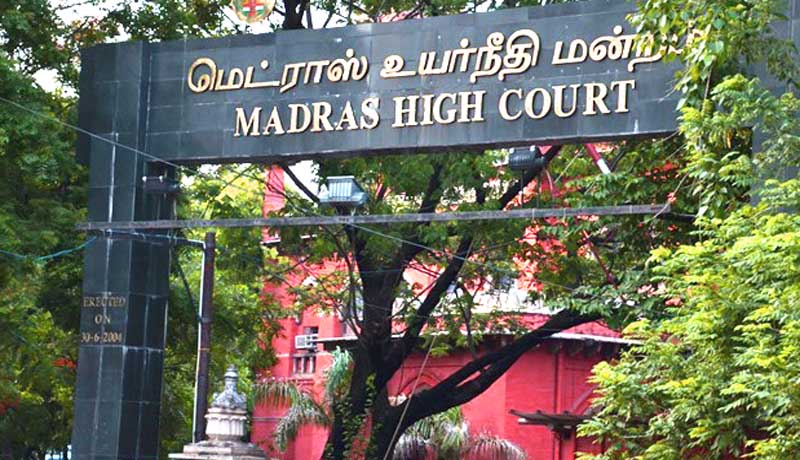Adjudicating Authority can determine the Quantum of Penalty in a De Novo Proceedings: Madras HC [Read Judgment]

Madras High Court
Madras High Court
In a recent ruling, the division bench of the Madras High Court held that the adjudicating authority can determine the quantum of penalty in a de novo proceedings.
The appellants were charged with the offence of violation of the provision of the Customs Act and the Officer directed to confiscate the goods involved in the transaction. On appeal, the CESTAT remanded the matter for fresh consideration. On completion of the de novo proceedings, the Officer imposed penalty on the appellants.The appellants challenged the imposition of penalty by contending that the order of remand was passed only on the appeal filed by the appellant.
The Revenue, on the other hand, relied on the decision of the same Court in M/s.The Mehta Fine Arts vs. The Customs, Excise and Service Tax Appellate Tribunal, contended that there is no bar on the adjudicating authority in a de novo proceedings to determine the quantum of fine or penalty.
The bench noted that the matter was remitted only for the purpose of de novo adjudication. However, in the de novo proceedings, penalty was imposed on the appellant. To sum up, the submission of the learned counsel for the appellant is that the order imposing penalty is not legally sustainable. However, we are not inclined to accept the said submission of the learned counsel for the appellant.
The bench further quoted the decision in CMD, wherein it was held that “there is no bar on the adjudicating authority, in a de-novo proceedings, to determine the quantum of fine or penalty. The fine and penalty imposed has been set aside and the matter is live for re-adjudication. Hence earlier order imposing fine or penalty does not have any relevance. The adjudicating authority, at its discretion, may impose appropriate fine or penalty. It does not matter whether the proceedings have been initiated afresh or heard by way of de-novo proceedings on the orders of the Tribunal. Question of challenging enhancement of penalty does not arise in a case of this nature, where the adjudication order itself has been set aside in its entirety and the matter remanded back to the original authority for re-adjudication, namely de-novo enquiry.”
Read the full text of the Judgment below.


